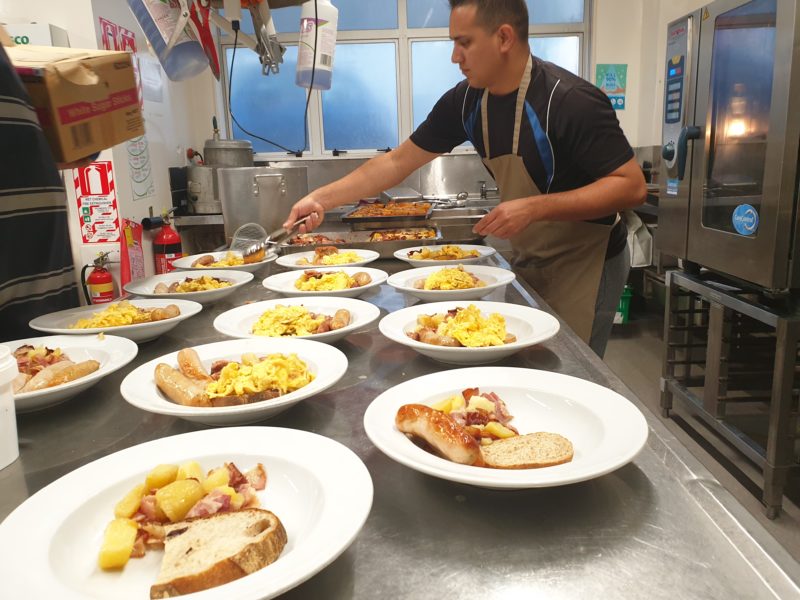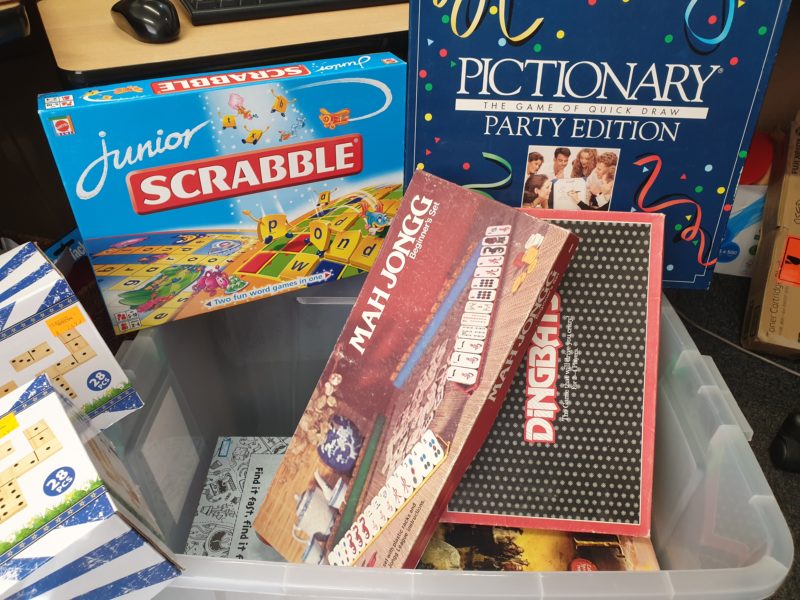Homelessness
In Aotearoa there are many different situations in which people find themselves that can be defined as ‘homeless’. People who sleep on the streets, in downtown doorways, in city parks – anywhere they can find shelter – are going through a period of homelessness.
There is often a misconception that people choose to be homeless: that it is a ‘lifestyle’ which means a kind of freedom. Most people who are homeless and visit the Compassion Soup Kitchen would prefer their own place to live in.
Having a warm, dry home is a basic human right – it’s something that we all deserve.
There are a range of things that can lead to a person experiencing homelessness. These are called push and pull factors. Push factors are things that force people to leave their previous living situation and pull factors draw people towards homelessness. This does not mean that homelessness is desirable, it is often just the lesser of two evils. Some push and pull factors that can lead to or maintain homelessness include:
- Eviction and leaving violent or unsafe living situations
- Personal struggles with mental health, addiction, and trauma
- Being unable to find suitable, healthy, and safe accommodation
- A lack of personal support options like having friends and whānau to stay with
- High deposits and continued costs of accommodation
- Difficulty accessing professional support and services
- Previous negative experiences trying to access services or accommodation
You can read accounts of different Wellingtonians experience with homelessness here, here and here. Can you identify different push and pull factors in their stories?
In Wellington, our city council is working in collaboration with central government and social services to reduce the number of people involuntarily experiencing homelessness. To learn more about their current strategy you can visit their website.
Food Insecurity
People have food security when food is available and they have access at all times to enough food that is safe and nutritious and enables them to maintain a healthy and active life. Food insecurity describes a state in which access to food isn’t consistent. It is often rooted in poverty and has major negative impacts on people as individuals and entire countries.
The Compassion Soup Kitchen serves around 120 meals each day – mostly to Wellingtonians who do not have food security.
When people are homeless, it’s impossible to have food security. Homelessness often means experiencing hunger and illness.

A cooked breakfast being served from the Compassion Soup Kitchen.
Social Isolation
Humans are social creatures. Every person needs a certain amount of social contact and when people can’t contact others, they can become socially isolated and lonely.
Being alone for periods of time does not mean a person is lonely. Loneliness is a complex and painful response to not having enough contact or connection with other people.
The people most at risk of experiencing loneliness and social isolation are older adults. They are often living alone, have fewer friends, or suffer from chronic conditions that make socialising difficult – some illnesses make it unsafe to socialise because of a weakened immune system and some conditions that impact people’s ability to communicate and therefore connect such as hearing loss.
At The Compassion Soup Kitchen we believe that being part of the wider community and engaging with others is fundamental to the health and well-being of all people. We provide the whānau with this as much as possible by creating a welcoming and social dining room and offering activities in-between meal times. You can read more about our community engagement activities and services here.

Board games kindly donated to us by Kiwi Community Assistance for the whānau.
